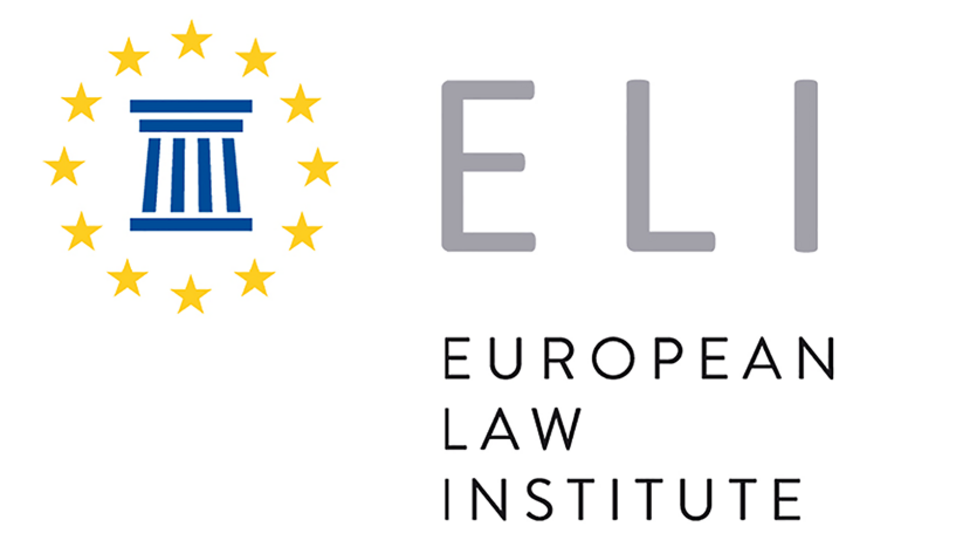The focus of the Conference was the protection of fundamental rights at European and national level. On the occasion, Professor Takis Tridimas, Co-Reporter of the ELI project on Fundamental Constitutional Principles, informed those present about developments in the above field and project. In his presentation, he focused on the objectives and scope of the project and discussed selected principles in more detail, focusing on democracy, the rule of law, and judicial independence. He then discussed, by reference to the case law of the Court of Justice of the European Union, the role of supranational courts in balancing conflicting principles and rights and the relationship between the Court of Justice and national courts.
Dr Ilaria Pretelli, Member of the ELI project on Business and Human Rights, presented the project’s final Report, highlighting in particular the desirability of improving the present legal framework by introducing specific standards of care to prevent the introduction, in the internal market, of products and services resulting from careless corporate activities in lower income States.
She added that the Report presents a broad spectrum of measures, which include the need to neutralize the operation of existing private international law rules which have been sadly used to guarantee impunity. The old-fashioned ‘blind’ application of private international law should be abandoned by extending the principle of favor laesi by means of interpretation. The drafters of the Report suggest the use private international law to protect, not only the environment – as prescribed by article 7 of the Rome II Regulation (864/2007) – but also fundamental rights, for instance by recourse to the clause d’exception of article 4(3) of the said Regulation. Since case law has shown the difficulties of proving individual responsibilities, the drafters of the Report also advocate the need for an ad hoc European Ombudsman.
The presentations sparked lively discussions among participants, among other things on foreseeable means of protecting children from child labour and on how the rights of children living abroad can be efficiently protected by European courts.

